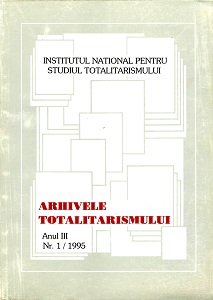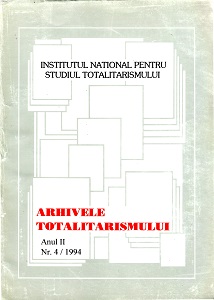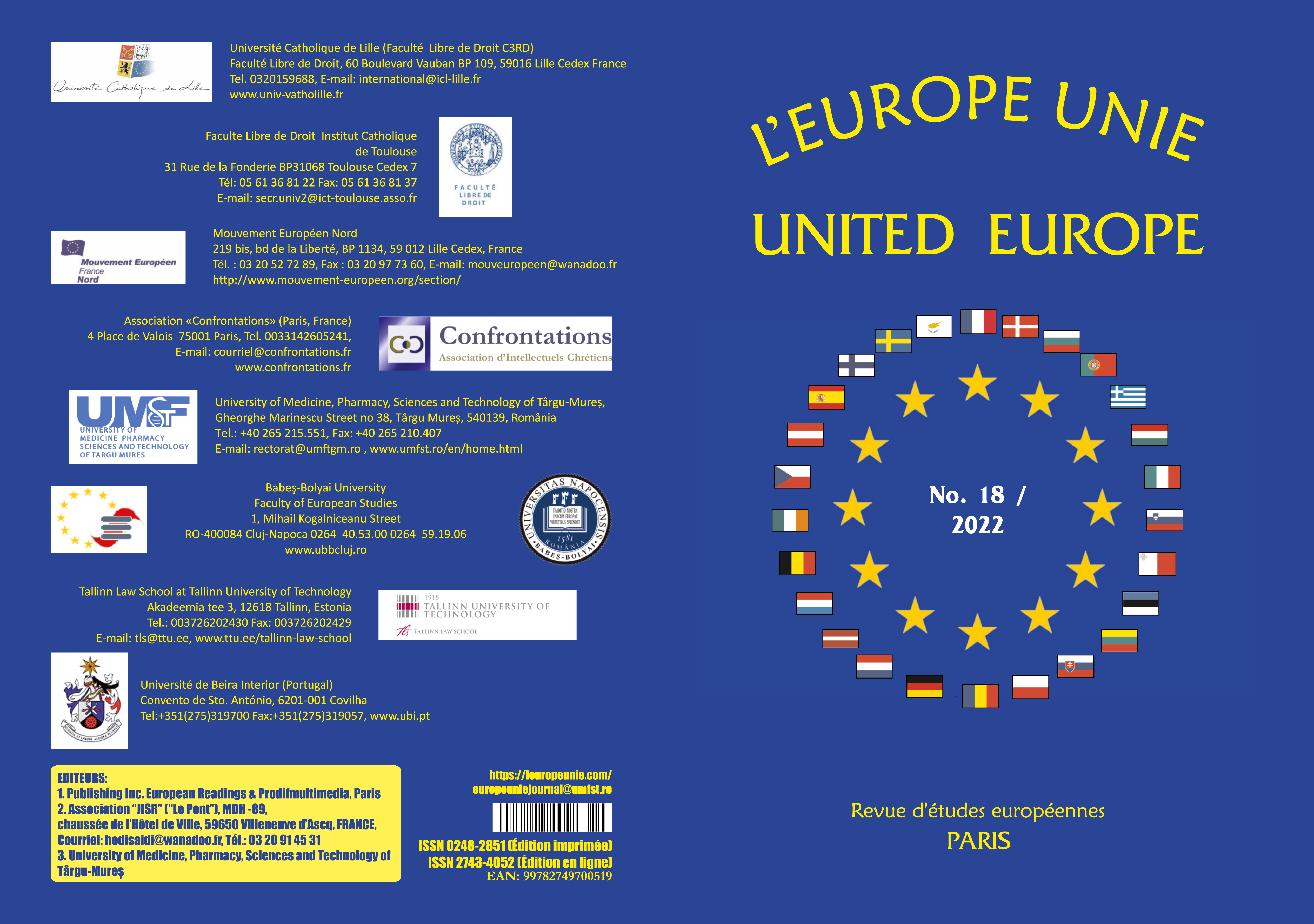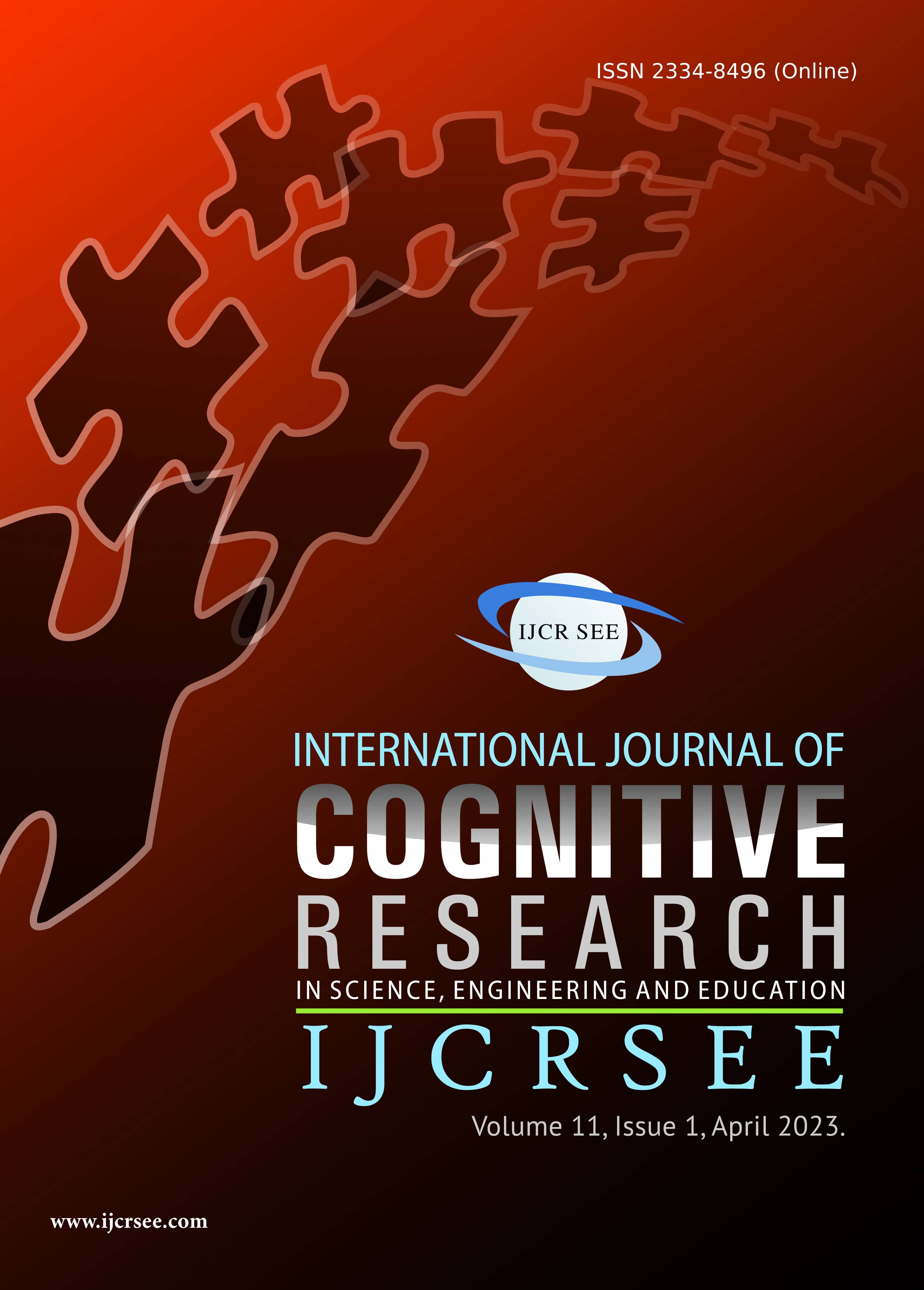Colonial Discourse and Tradition in John Dryden’s The Indian Emperour
Colonial Discourse and Tradition in John Dryden’s The Indian Emperour
Keywords: John Dryden; The Indian Emperor; colonial; imperial; new world; drama; English;
This paper will focus on texts like Dryden’s that nationalized colonization and thus justified it. Nationalistic works on the conversation about the ‘New World’ left out one key group: indigenous Americans. The transposition of European ideas about the Americas is evident in Dryden’s work because of his interest in supporting or justifying the colonial ventures of the western hemisphere. The Indian Emperour itself connects to the European discourse on colonization through the dichotomy Dryden creates between the ‘old’ and ‘new’ world and the nobility of certain indigenous characters like Montezuma. The Indian Emperour most notably connects to later colonial discourse through Dryden’s placement of the English people in the play. While the English are not physically present in Mexico, Dryden refers to his own collective nationality as a necessary replacement or superior successor to the lands of the ‘New World.’ In this paper, I argue that Dryden’s idea of the necessary replacement, or the worthy colonizer, speaks heavily to later colonial themes and myths in North American literature, where various heroic figures act as intermediaries between the European ‘civilized’ world and the western frontier.
More...



